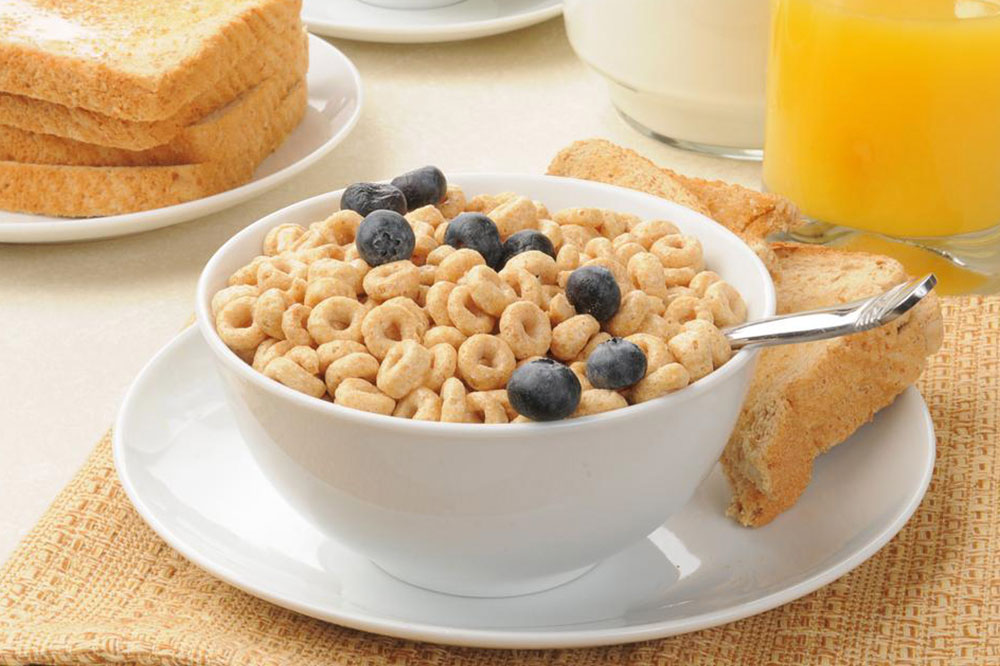
5 Foods That Trigger the Symptoms of IBS
Diet has a huge impact on Irritable Bowel Syndrome (IBS). Consuming food products that trigger any of the symptoms of IBS can cause a lot of disruption in everyday activities and leave the individual feeling weak too. So, it is necessary to make sure that any of these trigger foods are avoided from the diet for an IBS patient. While trigger foods can differ from one individual to another, some products have a reputation for triggering symptoms. Monitoring these more carefully or entirely avoiding them would be advisable. Some of these popular triggers are as follows:
- Wheat: Wheat is considered to be healthy, in general, because of its high fiber content. However, the high-fiber content in wheat could be problematic for IBS patients. In addition, wheat contains gluten, which is harmful to people suffering from celiac disease. Consumption of gluten with celiac disease can also result in an autoimmune reaction to the small intestine and cause serious repercussions. Many IBS patients also suffer from celiac disease, so wheat can be a strong trigger and should be avoided.
- High-FODMAP fruits: These are fruits that have short-chained carbohydrates like fructose. These types of carbohydrates can be difficult to absorb and can create a lot of issues among people with IBS due to their osmotic and fermentation effects. Some high-FODMAP fruits are mangoes, nectarines, peaches, watermelon, pomegranates, grapefruit, cherries, apples, apricots, blackberries, and pears. Raw fruits also can cause problems in people with IBS, and cooked fruits may be an easier way for the digestive system to handle them.
- High-FODMAP vegetables: There are several types of vegetables, which, even after being considered healthy, can cause problems and trigger symptoms in people with IBS due to a variety of factors. Some of the most common high-FODMAP vegetables are brussels sprouts, leeks, garlic, okra, onions, peas, snow peas, asparagus, cauliflower, and mushrooms. Some vegetables that are intolerable for people with this condition in their raw form can be consumed when cooked or compressed into juice forms.
- Spicy foods: Research has observed that spicy food can result in abdominal pain in IBS patients. A particular kind of nerve fiber that reacts with pain in response to components of chili peppers was found to be present in a greater number in patients of IBS. So, to avoid triggering pain, it is advisable for patients to avoid spicy food.
- Dairy products: Many people with IBS are also intolerant to lactose. Lactose intolerance is a condition wherein an individual’s body cannot digest lactose, which is commonly found in dairy products. This, along with the high quantity of fat present in dairy products, can easily trigger a wide variety of symptoms in IBS patients. Lactose intolerance, in itself, can result in symptoms like cramping, diarrhea, and bloating, so IBS patients should avoid the consumption of dairy products like cheese, milk, and ice cream.


